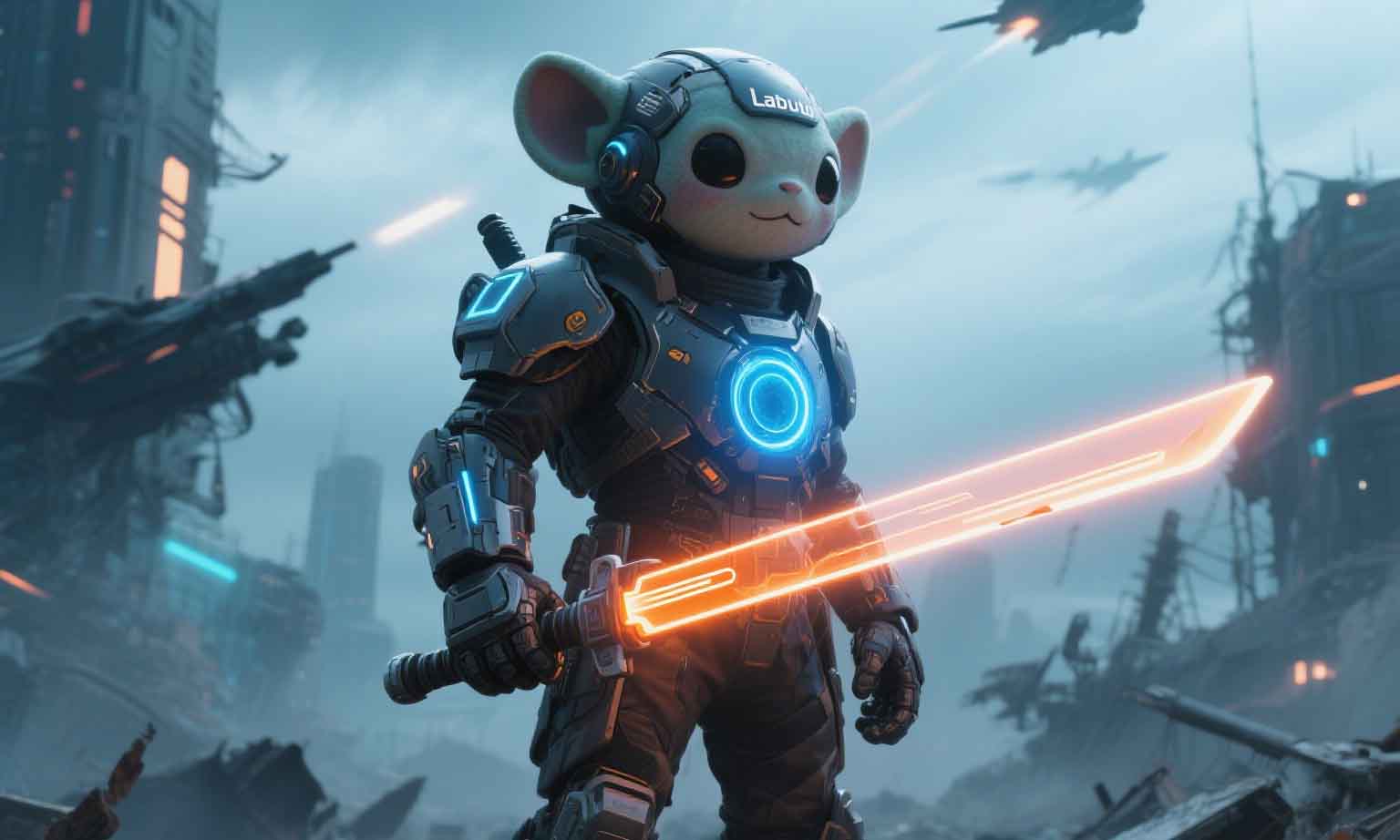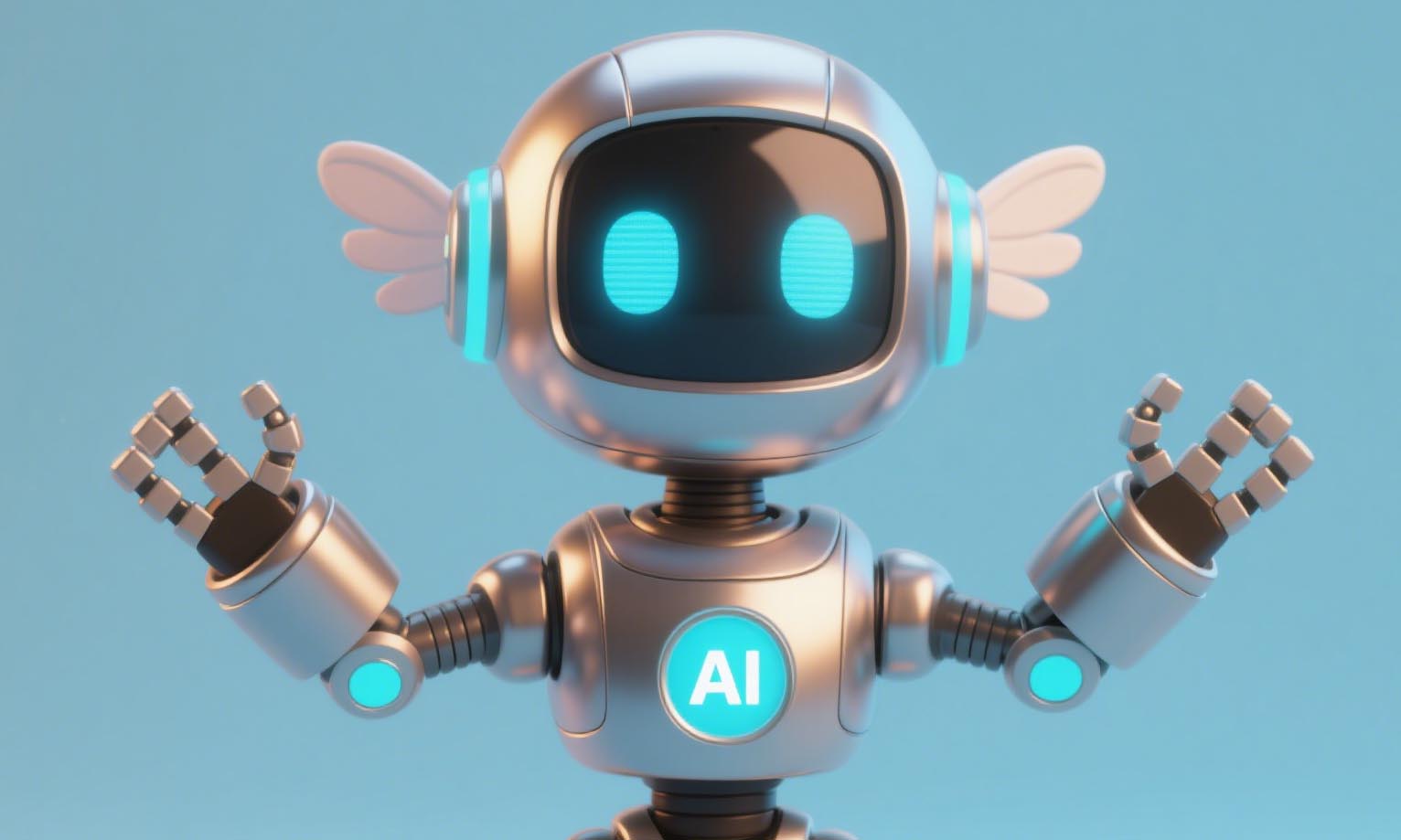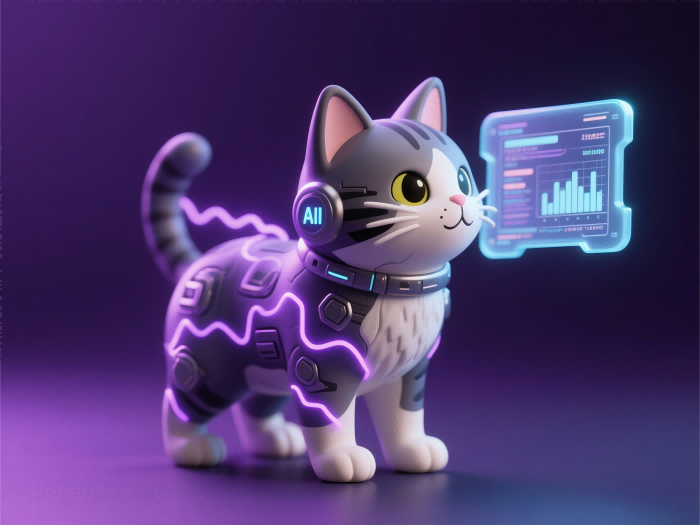Can AI Toys Replace Parental Companionship? The Boundaries of PTALK AI and Its Educational Value
When smart toys begin telling stories to children in warm voices, answering questions like "Why do stars twinkle?", or gently reminding them to "Go play with friends," many parents wonder: Can such AI toys truly replace their companionship? PTALK AI's solution redefines the boundaries of children's toys through unique technological logic—it does not replace parents but serves as an intelligent extension of family education.

Technologically, PTALK AI boasts full-stack competitiveness. Its hardware modules integrate industry-leading speech recognition and synthesis technologies, with standby power consumption as low as 10mAh and recognition accuracy reaching 92% even in noisy environments—enabling even plush teddy bears to converse fluently. The software system supports rapid customization of roles and knowledge bases via a zero-code drag-and-drop platform. For example, toys can simulate teachers explaining math problems or answer science questions as "dinosaur experts," delivering immersive AI-powered early education. Crucially, dual safety mechanisms are in place: end-to-end encrypted communication, coupled with parental content screening via apps to ensure healthy interactions.
PTALK’s market value lies in its precise positioning as an "assistant." It addresses parenting challenges through three core scenarios:
1. AI-powered early education, featuring bilingual modes and scenario-based dialogues that help children learn English naturally through space adventure games;
2. Social guidance, where wireless intercom functions connect playmates and parents, alleviating loneliness among single children;
3. Evolving into an AI assistant for family education—parents record personalized encouragement messages, while toys recommend learning content based on interaction data and track growth milestones for parental reference. This "AI + human" collaboration enables traditional toy manufacturers to transform into educational service providers.
Nevertheless, PTALK’s core principle remains clear: AI toys are tools, not emotional substitutes. When a toy uses algorithms to answer "What’s 2+2?", a parent’s value lies in explaining why 2+2=4. When the toy prompts "Chat with Mom," genuine emotional bonds still require a parent’s embrace. This is reflected in PTALK’s parental controls—usage timers prevent overreliance, and content moderation remains in parents’ hands.
Thus, the ultimate strength of AI toys lies in amplifying educational impact through technology, not competing for companionship. PTALK drives the democratization of AI-powered early education with low hardware costs (modules as small as 25×45mm) and 30-day rapid production. Yet the finest childhood remains one where parents hold their child’s hand, while an AI assistant for family education lights the lamp of exploration beside them.













